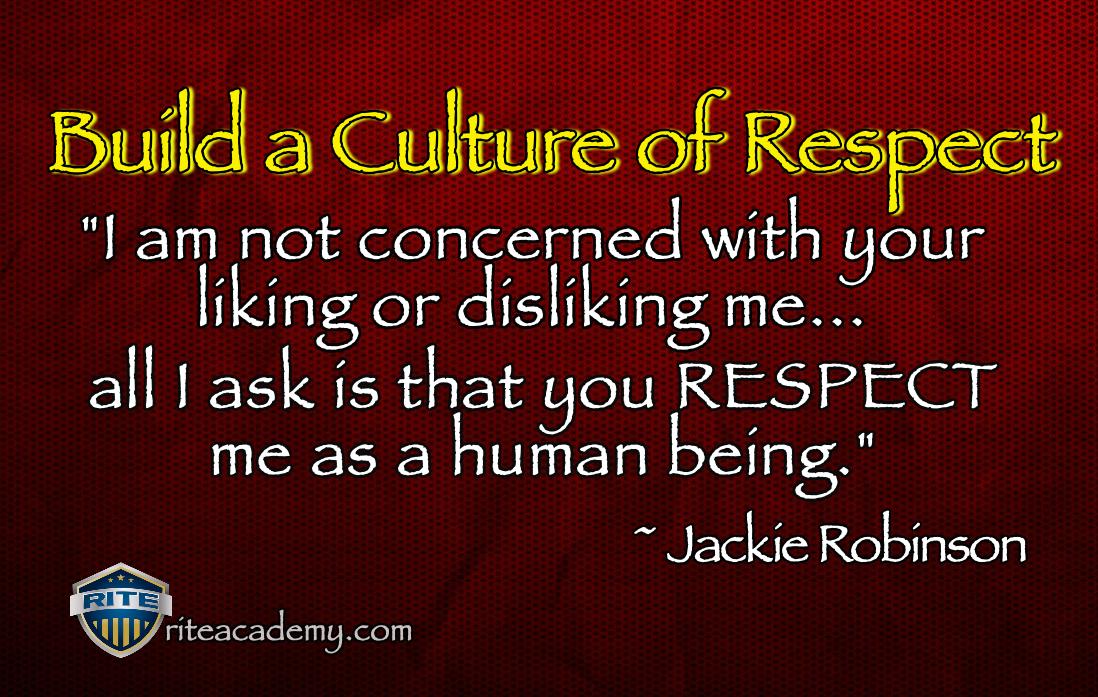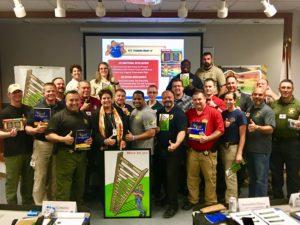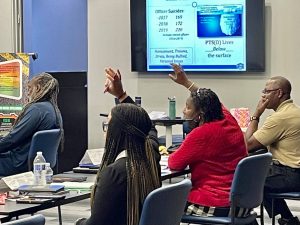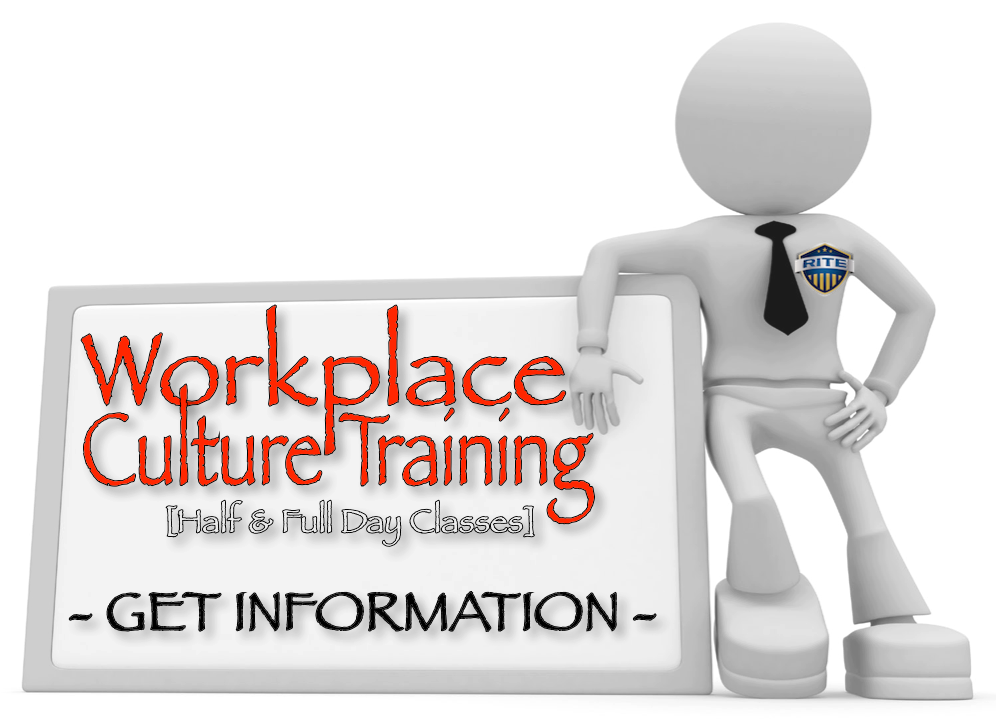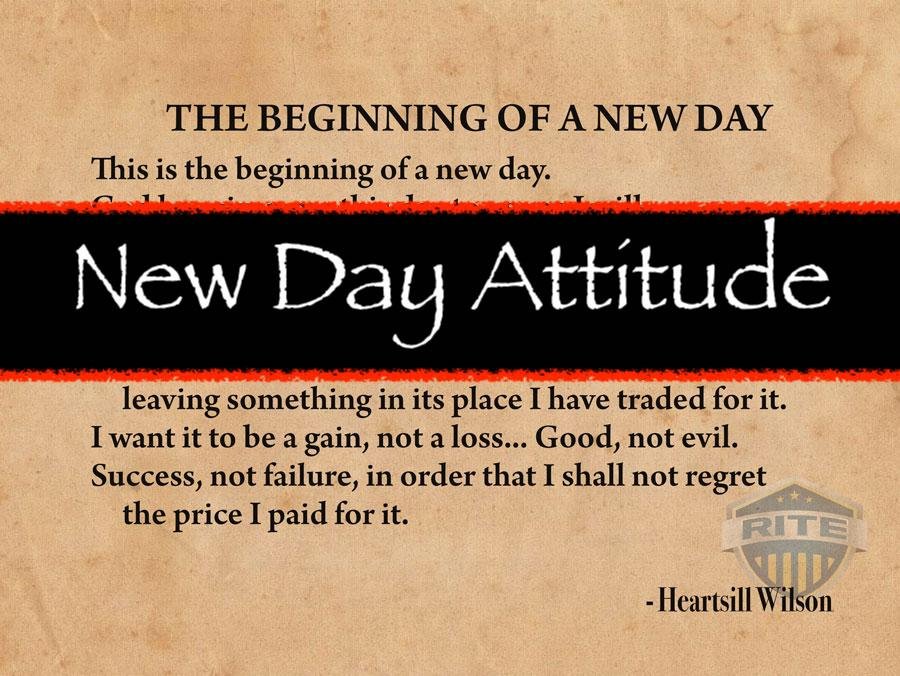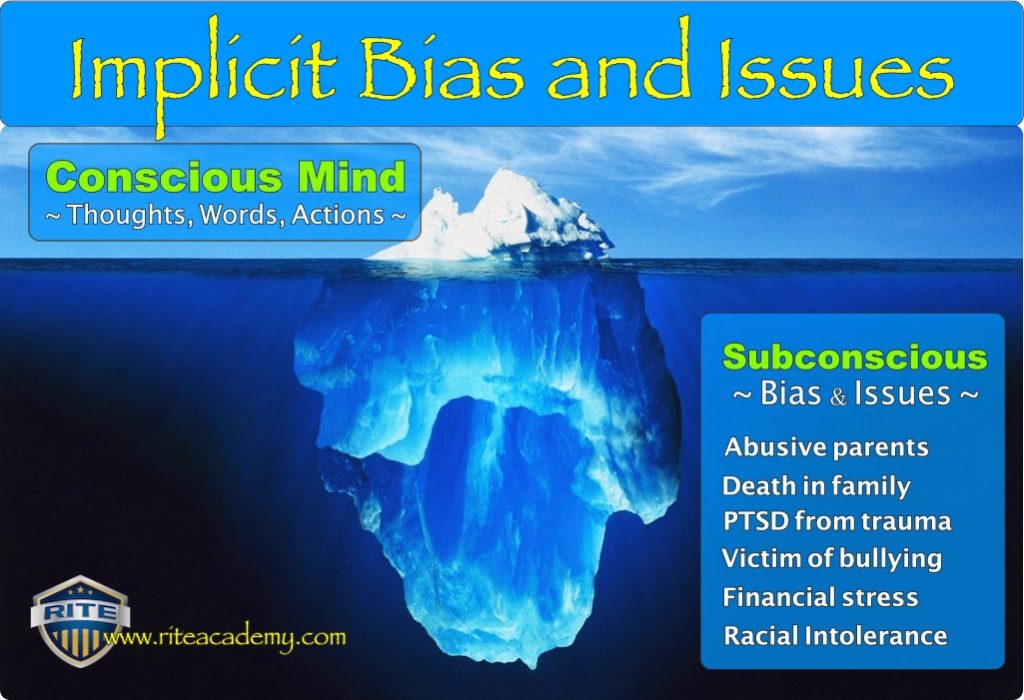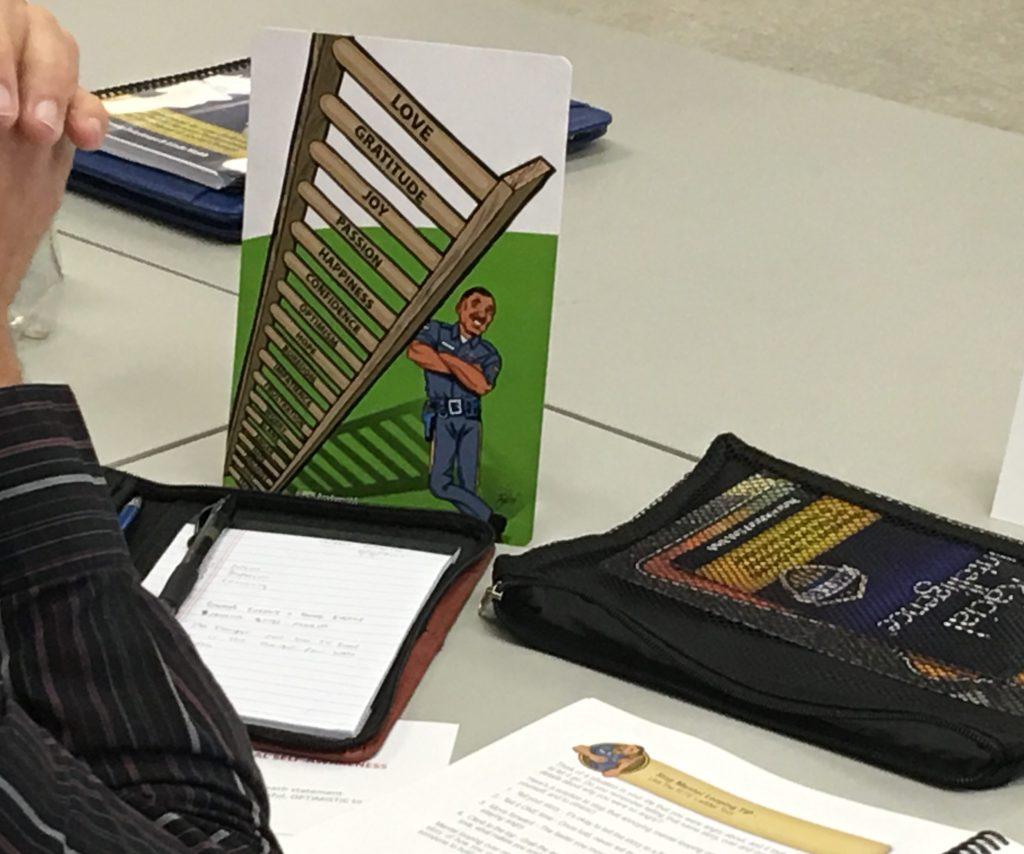Why is it that some agencies can easily find, hire, and keep great employees, while others seem to struggle?
While some agencies promote a Professional Workplace Culture that includes a ‘Culture of Respect’ where everyone feels inclusive, other agencies have not caught up to today’s standards.
What is a Culture of Respect?
A culture of respect is when an agency uses effective methods for responding to episodes of disrespectful behavior while initiating the cultural changes needed to prevent such episodes from occurring.
Misconduct is reported in the news, almost daily. Unless an agency takes proactive steps to build a Culture of Respect, it’s difficult to prevent misconduct from happening again and again.
Mental Looping over Bad Bosses 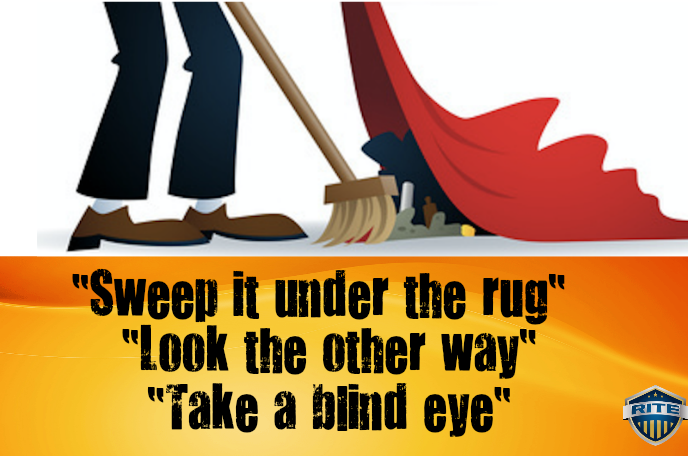
Why do employees’ mental loop (continue complaining) about their bad supervisor who already left the agency? Most employees will take a blind eye to those who continue to complain, even though it bothers them.
Stop the Madness… if you see something (inside the agency), say something! Build new Initiatives to create better habits inside the agency. Address toxic behavior like spreading Rumors, Gossip, Harassment, and Bullying.
A Culture of Respect starts with leaders who look inside their agencies, working to enhance their culture where everyone feels VALUED.
When we ask the question, “When was the last time you had Professional Workplace Culture Training? Most say, “Never.” The problem is that 75% of the employees say that they spend more than 50% of their day listening to co-workers complain. That’s a lot of wasted time.
You cannot expect employees to Value others and engage with the community in a positive light, if the employee doesn’t feel Valued inside the organization. If 75% of your employees are engaged with co-workers complaining about the agency, it’s impossible to have a professional workplace.
Establish a Professional Workplace Culture
- Setup SOP on Professional Workplace Conduct – The Scales of Conduct
- Reinforce supervisors address unprofessional behavior
- Set up mentorship programs (include sworn and non-sworn)
- Include EDI standard operating procedures
- Emotional and Social Intelligence Awareness
- Duty to Intervene – Step In, Tap Out, Take Over
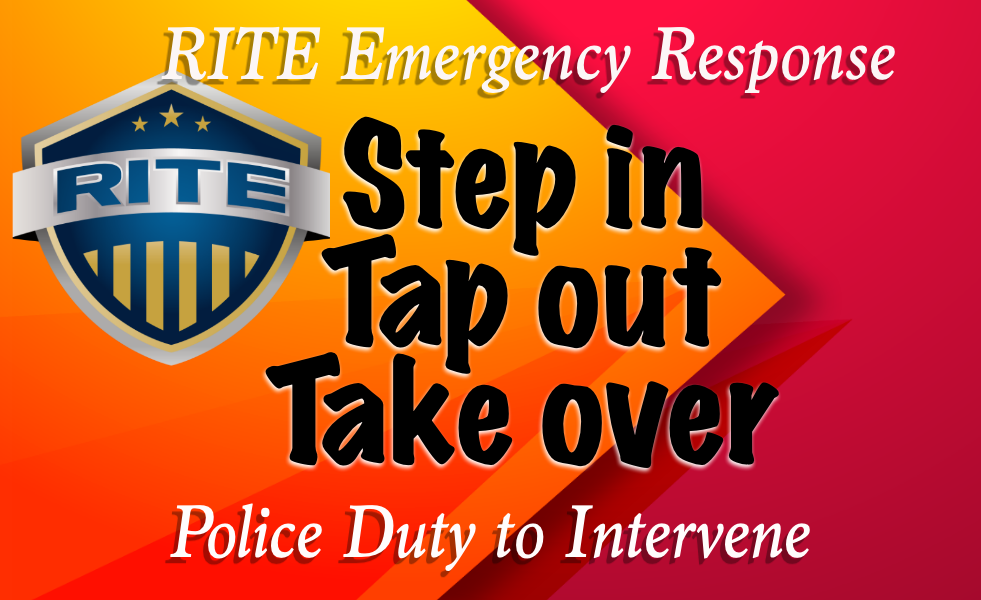
- Provide Peer Support Groups for employees
- Incorporate Officer Wellness
- Emotional support initiatives – Emotional support animal
“In order to get respect, you must first give respect”
5 Leadership Tips for Building a Culture of Respect
1. Be a Mindful Leader
Avoid tendencies to become caught up in gossip, complaining, or other forms of negativity in day-to-day interactions. Don’t get caught up in a negativity downward spiral.
2. Collaborative Conflict Management
Become a bridge builder and act in a manner that creates an inclusive work environment. Look for input from everyone before making the final decision and thank everyone for their input.
3. Use Respectful Communication
Pay attention to how respectful you are in your communications and other actions on an ongoing basis. Look for ways to improve.
Use empathy communication in order to better connect with your employees. Empathy Communication means ‘To Show that YOU CARE!
4. Reduce the use of Profanity
Expecting employees not to use profanity starts at the top. When leaders use profanity inside the agency sends the message that it’s okay for everyone else to use it as well. Entitled Leaders breaks down the Culture of Respect.
5. Be Flexible to Change
Stop Mental Looping about previous leaders and move forward. Any comments leaders make about the agency will influence how others view the agency. Set a positive image, by embracing change and new leadership.
Building a Culture of Respect is a Team Effort, that includes every employee, including sworn, non-sworn, and civilian staff.
Public Service means not only being a good servant to the community but also being a good servant to yourself, your agency, and your co-workers.
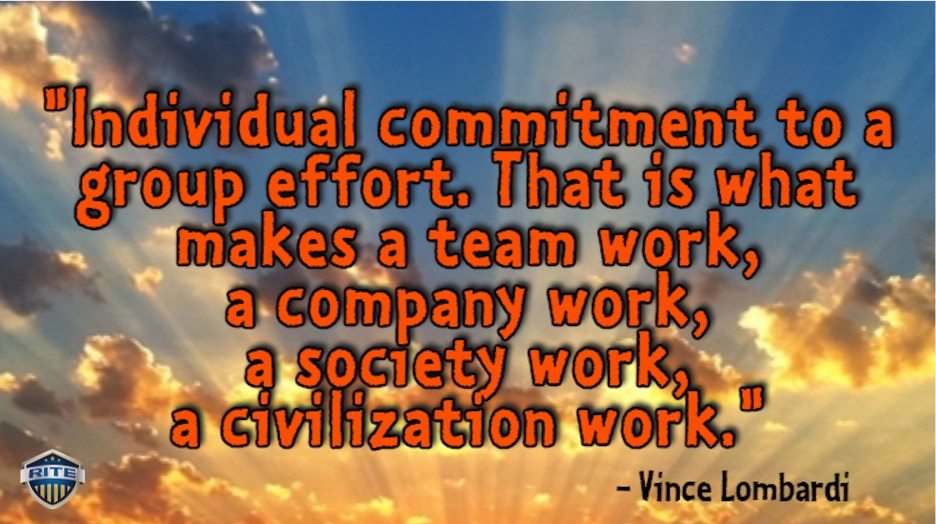
About RITE Training Classes
Since 2015, we have been a leading training provider for ALL Public Service. RITE Tools and exercises help Agency support teams like: Peer Support, CIT, Mental Health, Training Academies, Speciality Teams (SWAT, Hostage Negotiations, and FTO), and Chaplains.
At RITE Academy, we provide training to fire, police, EMS, 911 operators and corrections officers. Emotional Intelligence exercises and EI Tools help each person personally be in control of their emotions.
It’s a huge Ah-ha when students ‘wake up’ and realize they have been holding themselves back… and maybe they are the toxic employee that’s been causing the misconduct.
With every class, the LADDER, Stop-Light, and NEW DAY Tools and Banners are included in the training, and left behind for the agency to use. RITE is not a one and done class!
RITE Academy Stats
- Trained over 1200 agencies on Professional Workplace Culture
- Created over 950 RITE train-the-trainers
- Gave out more than 550,000 RITE Tools for employees
- Provided hundreds of newsletters for agencies to give to their employees
- Helped agencies reduce their use-of-force incidents by 65%
- Educated local governments, state, and federal representative on public safety reform
